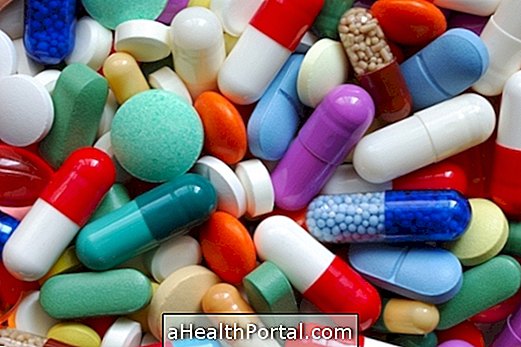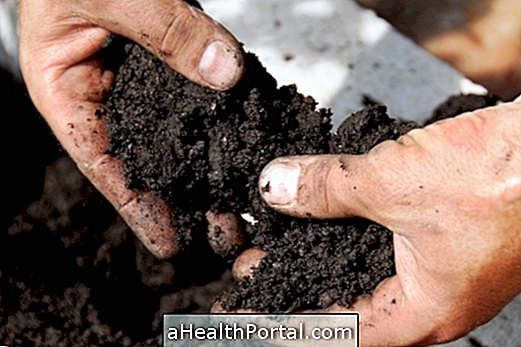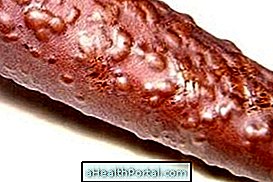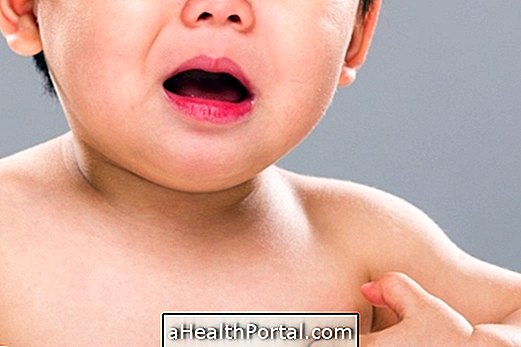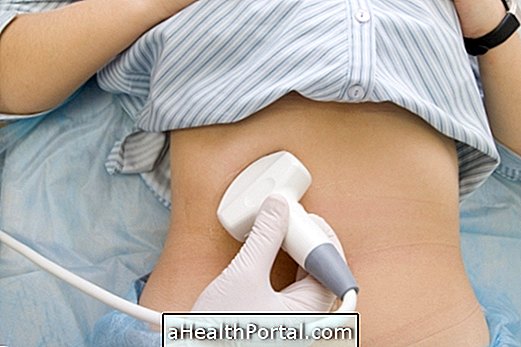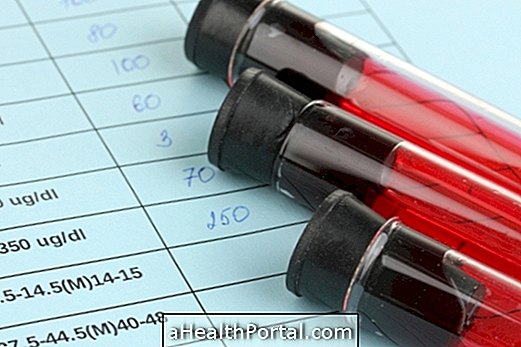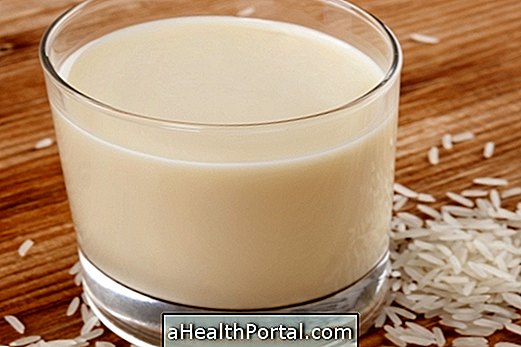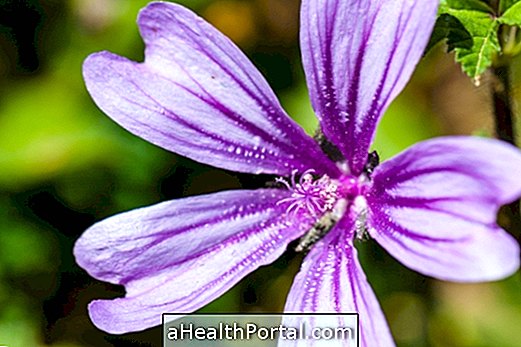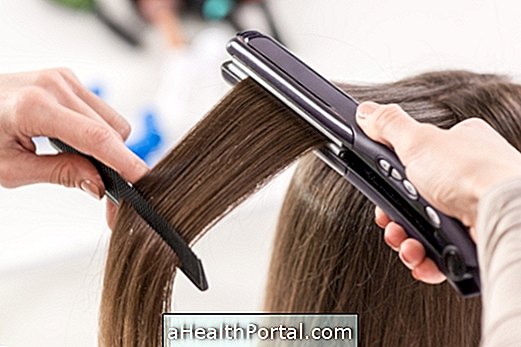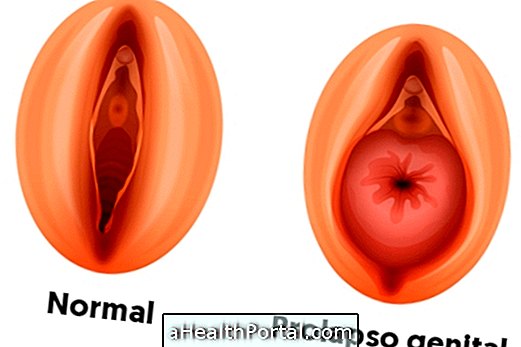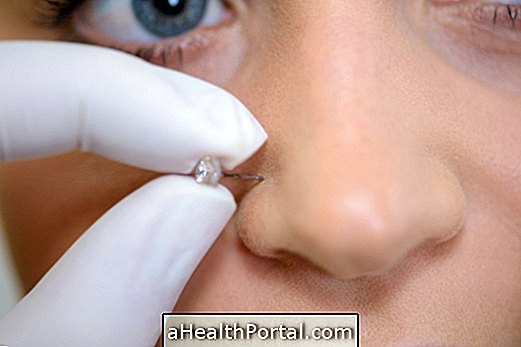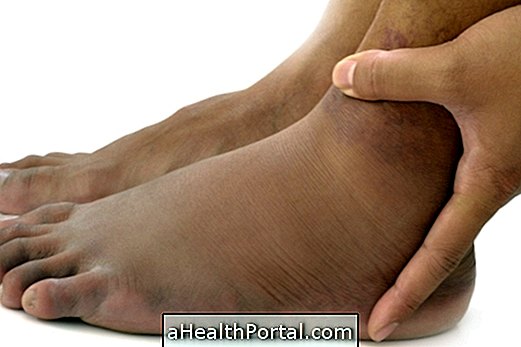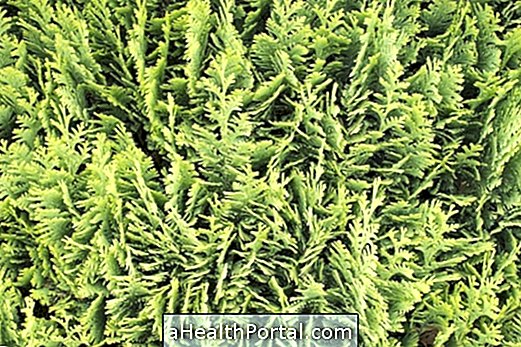Treatment for HPV can be done with the use of medications or even surgery. The goal of treatment is not the elimination of the virus, because there is no treatment that is able to achieve this goal, but it is directed to the control of the symptoms and the elimination of the lesions in the skin that are caused by the virus. Learn more details at: Does HPV Cure?
These treatments are not able to eliminate the virus but are important to eliminate the lesions, prevent the contagion to other people, and also useful to prevent the development of cancer.
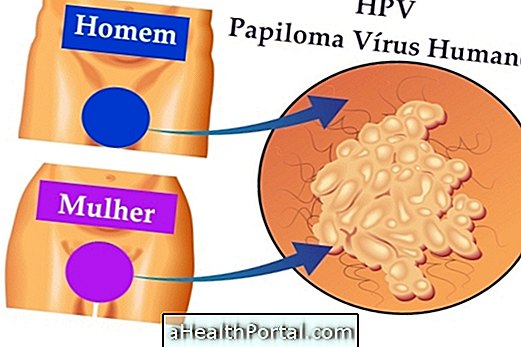
The main treatments are:
1. Remedies for HPV
Remedies that can be indicated by the doctor to eliminate the lesions caused by HPV can serve to eliminate the lesions or to strengthen the immune system.
- Podofilox 0.5% for 3 consecutive days, remaining 4 days without treatment and repeating the process up to 4 times;
- 80-90% trichloroacetic acid or dichloroacetic acid, once a week;
- Imiquimode at 5%, 3 times per week, for up to 16 weeks;
- Podophyllin resin from 10 to 25%, once a week, for up to 4 weeks;
- Retinoids : Vitamin A compounds that aid in skin regeneration that can be used twice daily for 4 to 8 weeks.
In addition, Interferon may be indicated to supplement the treatment.
These treatments are mainly used in the treatment of genital HPV and to complement the treatment one should have good intimate hygiene and use a condom in every intimate contact, closely checking whether the condom has covered the lesions. It is also important that the partner is evaluated by a physician to see if they have already been infected and then start treatment.
2. Surgery for HPV
Surgery can be indicated when the lesions are very large and when the person is prone to bleeding, and can be performed at the doctor's office or hospital.
Options include removal of lesions with scalpel, electrocoagulation, cryotherapy or laser, and have a high chance of completely eliminating warts. As these treatments can cause pain, the doctor may indicate anesthesia to decrease the discomfort during treatment.
When there is cancer the surgery to remove the warts is also indicated.

Treatment of HPV in man
When a man has the HPV virus, the treatment is indicated only when he has symptoms such as warts in the affected regions. The treatment is the same as the one performed on the woman, and can be done at home with the medicines prescribed by the doctor. Learn about other HPV symptoms in men.
Treatment of HPV in pregnancy
Treatment should preferably begin within the first few weeks of gestation with the remedies listed above and under the guidance of the obstetrician.
However, when the woman has genital warts at the end of gestation, it is recommended to deliver by caesarean section, as there is a risk of transmission of the disease to the baby if it comes in contact with the lesions.
It is generally recommended to have HPV treatment prior to pregnancy to reduce the chance of warts during delivery.
How does HPV deliver?
It is usually not contraindicated for normal delivery, but when genital warts are very large caesarean section or surgery may be indicated to remove the warts.
Although there is a risk of the mother transmitting the virus to the baby during childbirth, it is not common for the baby to become infected. However, when the baby becomes infected, it can present warts in the mouth, throat, eyes or genital area.
Does HPV treatment hurt?
Treatment of HPV can be painful during the removal of the warts, especially during cryotherapy, so the patient can stay with the painful region for up to 7 days. However, warm compresses of chamomile tea may be placed in the area to reduce pain.
Does HPV come back?
HPV warts can re-emerge because the immune system may take several years to eliminate the virus from the cells. Thus, during treatment it is important that the patient use a condom or remain in sexual abstinence until the virus is eliminated from the body, preventing the transmission of the disease.
HPV cure occurs when the immune system is able to kill the virus, which happens most of the time. But to increase the chances of healing, one must strengthen body defenses by taking vitamin C or medicines prescribed by the doctor, such as Interferon.
Complications of HPV
HPV increases the risk of developing cancer where the warts are located, so there may be cancer of the vagina, vulva, anus, penis, scrotum or even the mouth.
The best way to prevent the development of cancer is by undergoing treatment with medicines or surgery.
Signs of HPV improvement
When the treatment is done properly, symptoms of HPV improvement can appear as a decrease in the number and size of the warts, as well as disappearance of the cancer, in the most severe cases.
However, warts can re-emerge because the virus lies dormant in the body, not being eliminated after the treatment of warts or cancer.
Signs of worsening HPV
Signs of worsening are rare and are usually related to the transmission of the warts to another location on the body.
The types of HPV that cause warts are not the same that lead to the onset of cancer, and for this reason, warts can not progress to cancer, even if untreated.
Watch the video below and see in a simple way how to identify the early symptoms of this disease to start treatment right away.

